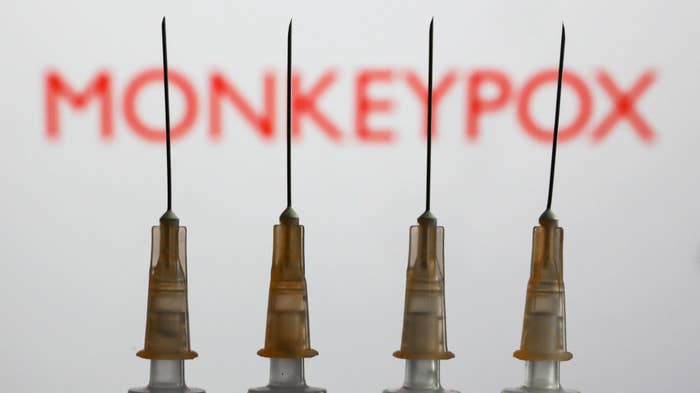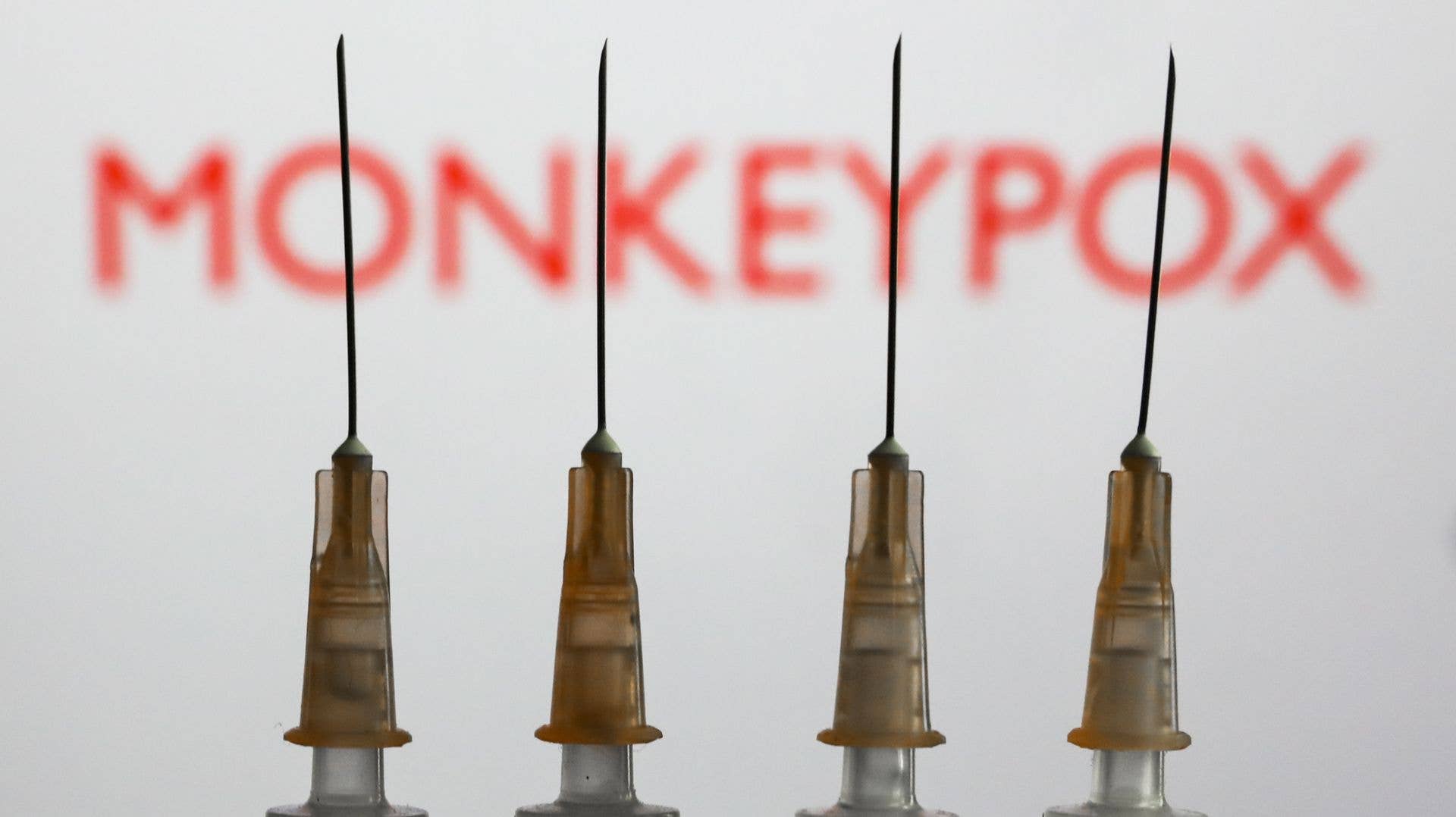
The risk for monkeypox in the U.S. is low, according to a White House official.
Dr. Raj Panjabi, Senior Director for Global Health Security and Biodefense at the National Security Council, told NPR that the generally mild viral infection that causes flu-like symptoms has not been severe in the 10 or so assumed cases seen in the U.S.
“Historically in countries with weaker health care systems less than 1% of patients have died from this milder strain,” Panjabi said. “We have access to vaccines and even treatments here in the U.S., and so the risk we believe is substantially lower.”
Panjabi added that all patients recovered in previous U.S. outbreaks of the infection. Only one case so far in the U.S. has been confirmed—over in Massachusetts in mid-May—but others are believed to have been spread in New York, Florida and Utah, according to the Centers for Disease Control and Prevention. The infection—which has seen 25 cases reported in the Montreal area–usually spreads via skin-to-skin contact due to someone having rashes or lesions.
“What we’re talking about here is close contact,” said the CDC’s Capt. Jennifer McQuiston. “It’s not a situation where if you’re passing someone in the grocery store, they’re going to be at risk for monkeypox.”
The World Health Organization, on the other hand, shared on Monday that it is too soon to tell if the outbreak could cause a global pandemic. The WHO revealed that there are “still many unknowns” with monkeypox, but that risks to the general public remain low, per CNBC.
Still, the WHO’s technical lead for monkeypox, Rosamund Lewis, shared that they are currently “not concerned” about another global pandemic in regards to monkeypox. As Lewis explains, cases should “be manageable through contact tracing and isolation” and there is a “window” to prevent the spread of it.
“We don’t want people to panic or be afraid and think that it’s like Covid or maybe worse,” said Sylvie Briand, the WHO’s director of epidemic and pandemic preparedness and prevention.
Over in Canada, Quebec’s public health director Luc Boileau says that a huge number of cases isn’t expected, and the spread is nothing like what was seen with COVID-19. Still, a smallpox vaccine is being given out to those most vulnerable to catching monkeypox in the area, in an effort to help curb any spread.

